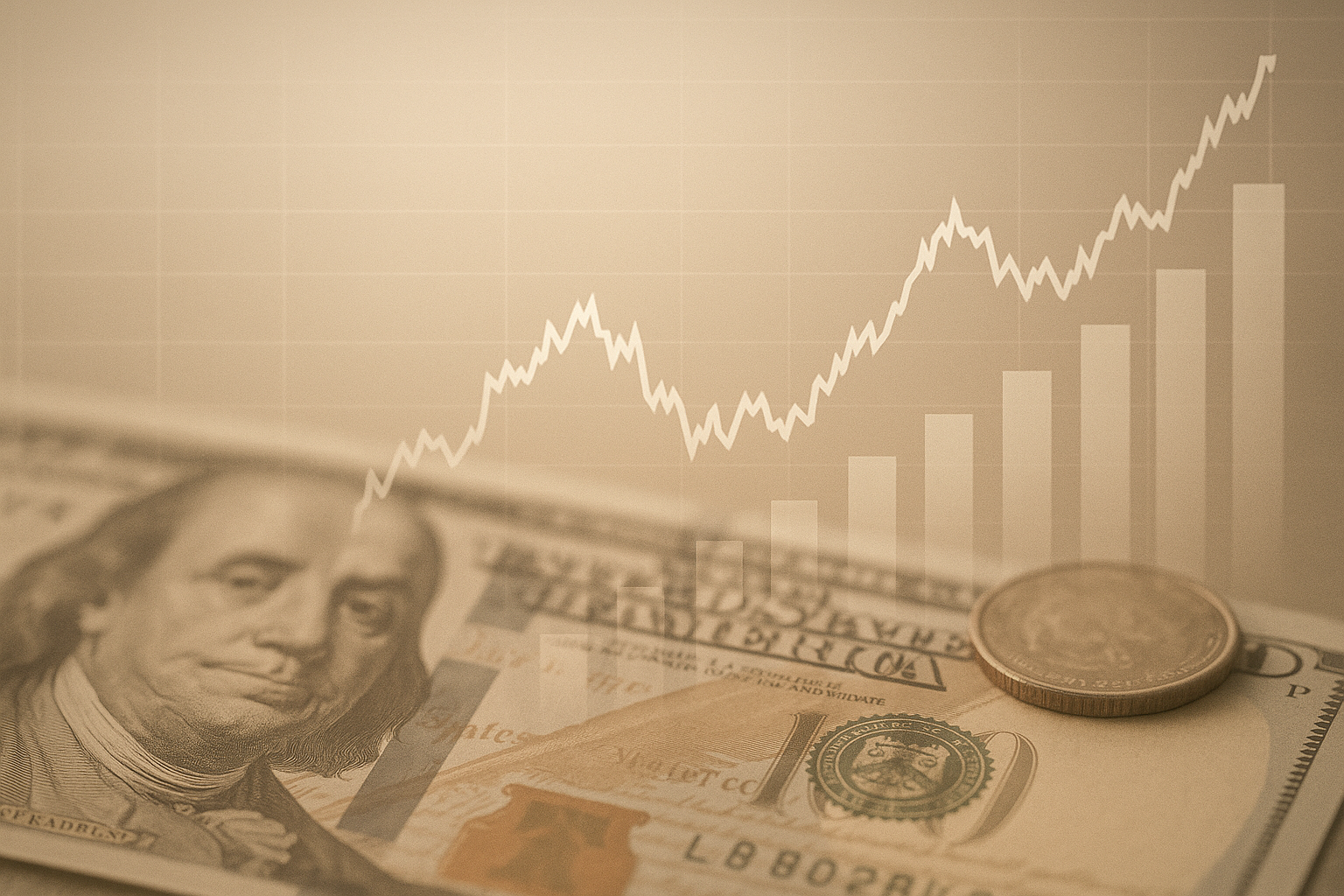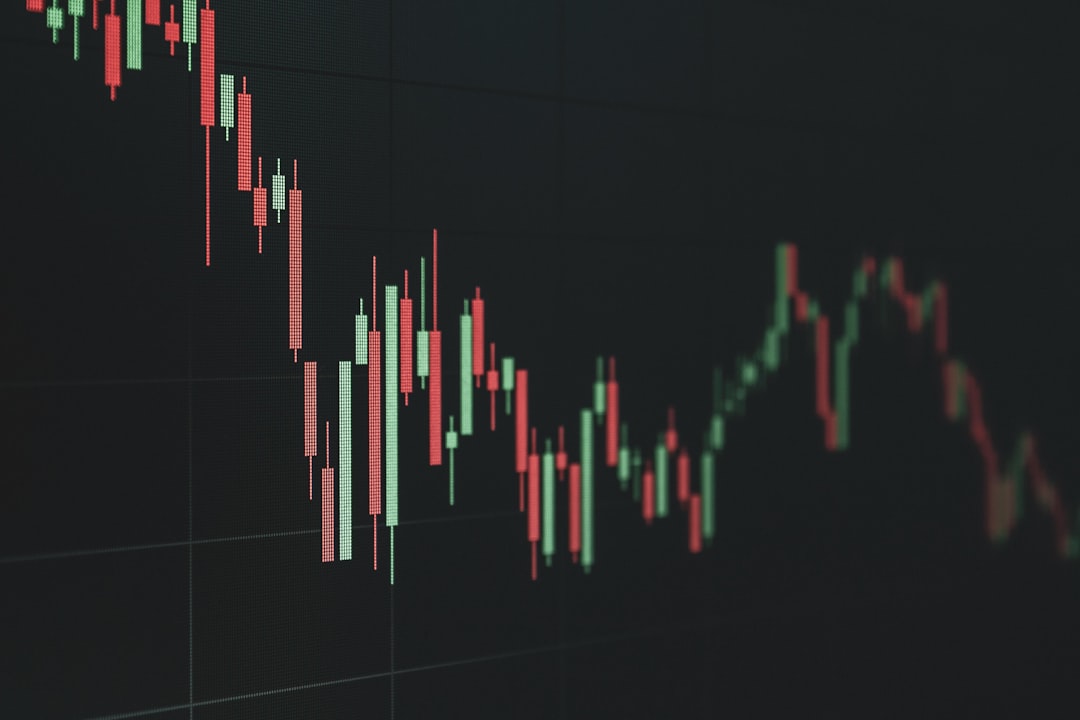The $355 Billion Squeeze: How Everyday Traders Are Turning Wall Street's Bets Against Them

The meme stock frenzy is back with a vengeance, and its new champions are some of the most unlikely names on the market. While past rallies centered on tech and entertainment, the latest surge has propelled companies like Krispy Kreme (DNUT), Opendoor (OPEN), and even the department store Kohl's (KSS) into the stratosphere. But this isn't a random market fluke; it's a calculated strike with a single, unifying target.
Wall Street's Nightmare Bet
The secret ingredient connecting a doughnut chain with a real estate platform and a retail giant is one of Wall Street's riskiest maneuvers: the short sell. All of these companies were heavily "shorted," meaning institutional investors were placing massive bets that their stock prices would plummet. For these professional speculators, failure was the path to profit.
But a growing army of retail traders has flipped the script. This recent surge appears to be a key part of a broader market rebound that has seen the S&P 500 climb an astonishing 25% in just three months. Market experts see a deliberate strategy at play.
"A lot of what has outperformed significantly... obviously the memes, but the heavily shorted stocks of every variety," explained Charles Schwab's chief investment strategist, Liz Ann Sonders. She suggests this is a conscious effort by individual investors "to press those shorts and force a repositioning on the part of speculators and institutions."
A Painful Price Tag
This retail-led rebellion has inflicted breathtaking financial damage on the pessimists. According to stunning data from S3 Partners, short sellers have hemorrhaged nearly $355 billion in losses since the market began its powerful rally on April 8. Every time a stock like Krispy Kreme or Kohl's defies expectations and soars, it tightens the squeeze on these institutional funds, forcing them to buy back shares at higher prices to cut their losses, which in turn fuels the rally even further.
What we are witnessing is more than just a fleeting trend. It's a defining feature of the current bull market, where the stocks most hated by Wall Street are becoming the market's biggest winners. The message from the retail crowd is loud and clear: betting against the underdog has never been more expensive.


